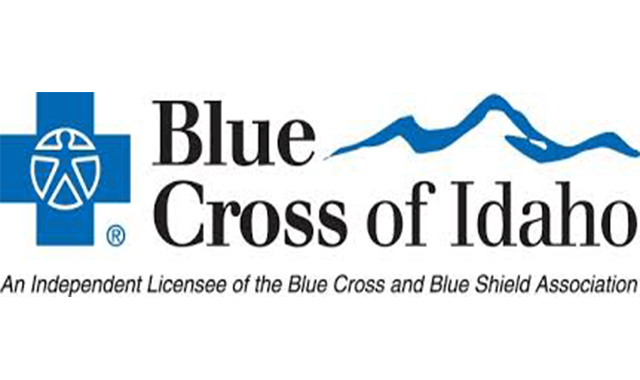UST Global and Kony announced recently that they developed a new mobile app for Blue Cross of Idaho members. With the new solution, members will have more access to provider information and be able to manage their accounts.
Aliso Viejo, California-based UST Global provides a wide range of services like BPO, quality assurance, engineering, application development, and database administration for Global 1000 companies. It has several other offices in the U.S., Europe, Central America, South America, and Asia.
Orlando, Florida-based Kony, Inc. develops mobile applications for enterprise-level customers. These solutions come in the form of apps that are fully customizable, generated from app accelerators, or ready-to-run apps. According to its website, Aetna, Citi, Nationwide and Weight Watchers are among the company’s major customers.
The new mobile app that UST Global and Kony developed for Blue Cross of Idaho will allow members to perform important tasks like finding the nearest urgent care location, or locating an in-network doctor. They can also look at account information like benefits and deductibles and print ID cards as needed. The app is available in both iOS and Android versions.
Mobile healthcare apps like the one developed for Blue Cross of Idaho are certainly nothing new. Major insurance companies like Aetna, UnitedHealthcare, Cigna, and all Humana have developed apps for their members.
A recent report by research2guidance, however suggests that most health insurance companies fall short in either number of apps published, downloaded, or both. The Health Insurance App Benchmarking Report 2015found that 67 percent of health insurance companies have fewer than 100,000 downloads from their app portfolio. While industry giant Aetna was found to have published 28 apps, 70 percent of health insurance companies published only one or two apps.
Other findings of the report concluded that most health insurance companies’ apps were not ‘state of the art’, meaning that they did not incorporate all six elements of best practice, were cumbersome to use, did not automate input, and did not integrate with IT infrastructure. Most apps failed to integrate these apps with incentive programs and most companies did not provide a mechanism within an app to promote the other apps in their portfolio.
So while it is encouraging to see that companies like Aetna and Blue Cross of Idaho provide helpful apps to their members, clearly the industry has a long way to go before customers can use mobile apps to their full potential when accessing healthcare provider resources. Hopefully this problem is simply a matter of time where technology will eventually catch up, and not a cultural problem in the healthcare industry where some are slow to implement new technology.


































